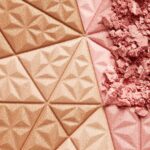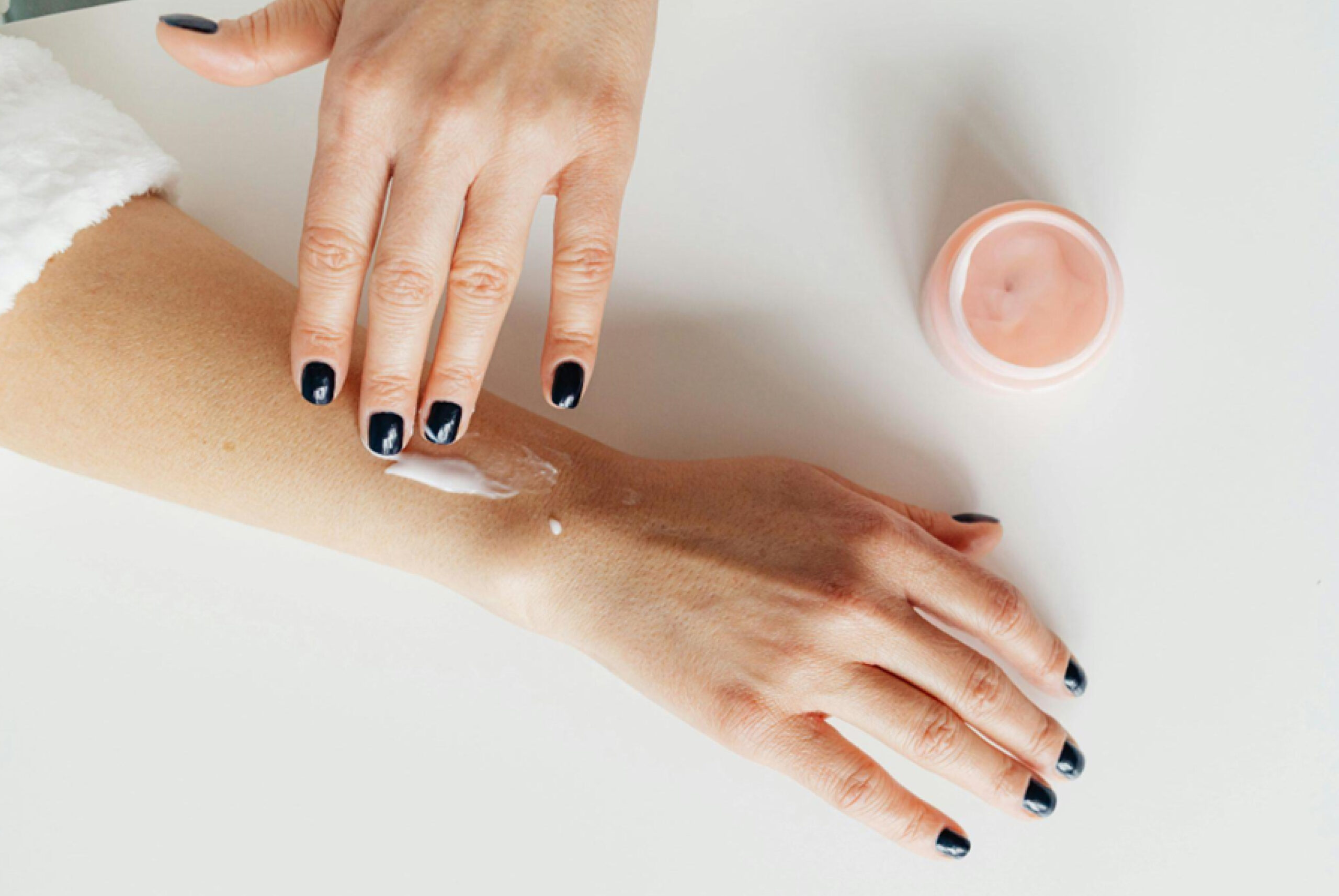
The Hidden Dangers Of Non-Tested Cosmetics: Why Dermatologically Approved Products Are Essential
“Your makeup contains safe skin-loving ingredients or toxins? Come let us find out.“
Today, the beauty industry presents an array of exciting options. With countless brands offering diverse product varieties, you can find just what you need. Each brand passionately promotes its unique claims, ensuring there’s something for everyone. Are only claims enough to define the credibility of a brand? The products from these brands may lack dermatological testing, raising potential health risks. It’s crucial to choose tested cosmetics to ensure your skin’s safety and well-being.
dermatologically tested products.
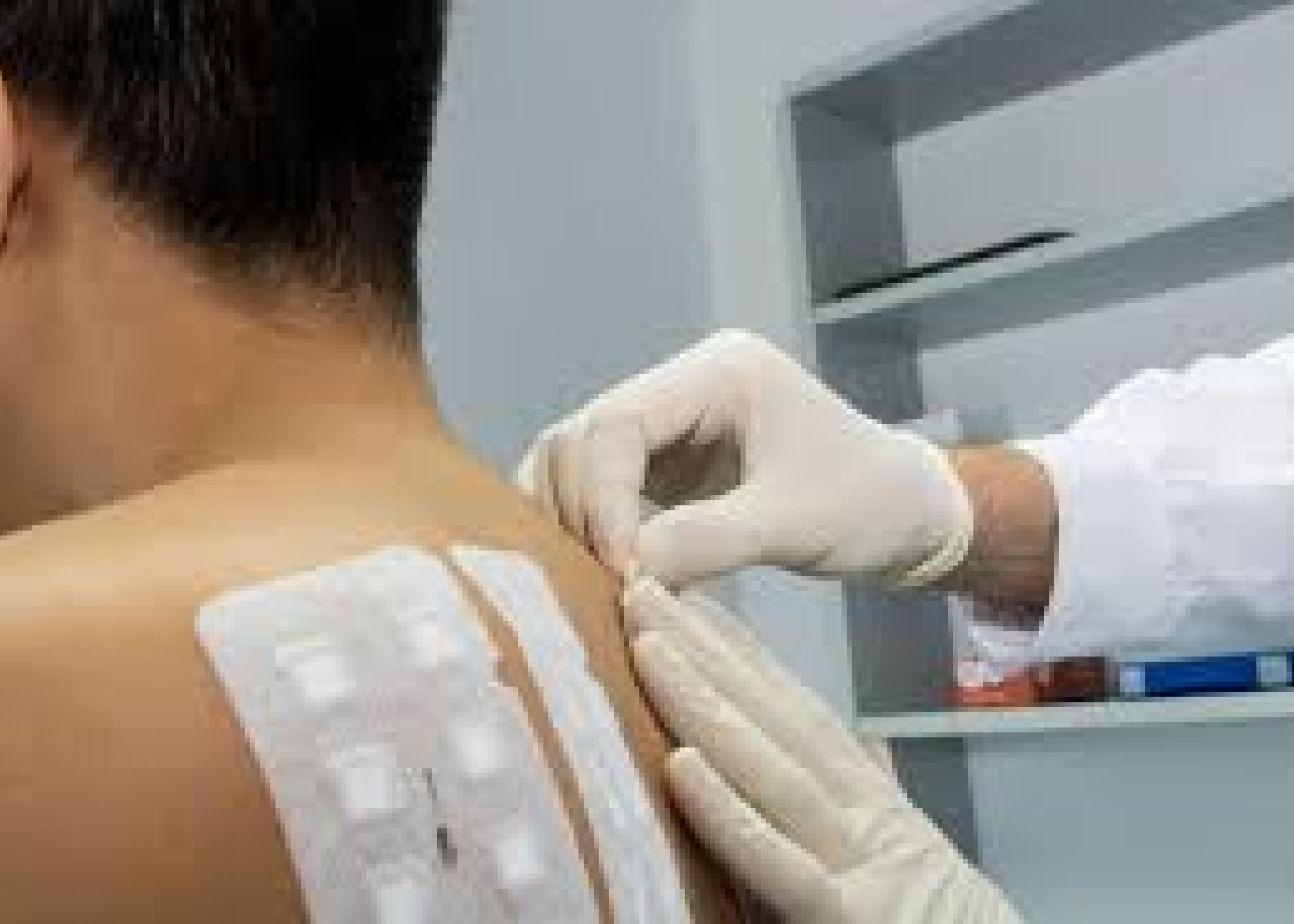

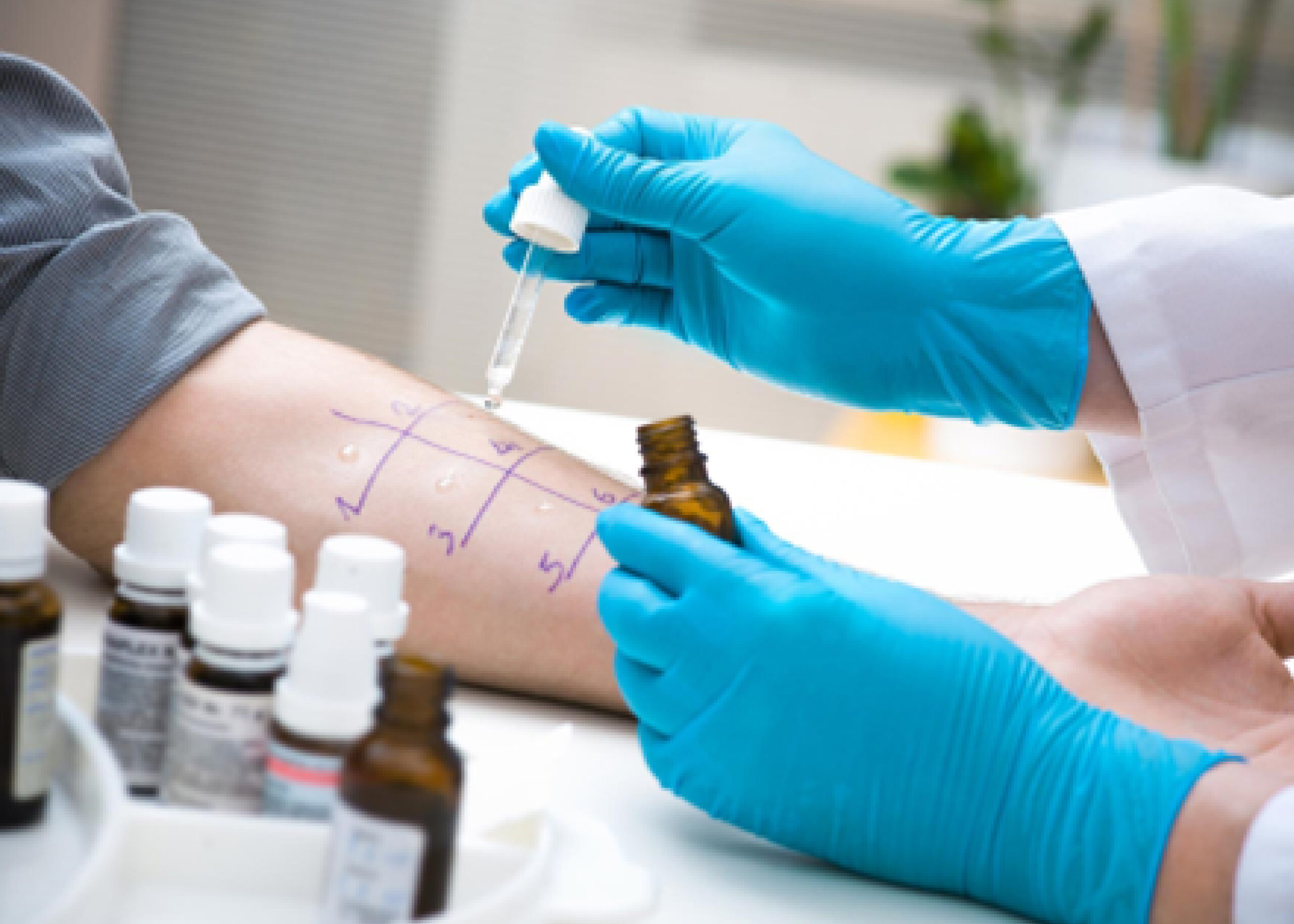
Why Dermatological Testing Become a Safety Standard For Cosmetics?
Risk of Non-Tested Cosmetics
1. Skin Issues:
2. Harmful Chemicals and Toxins
Carcinogens:
- Formaldehyde and formaldehyde-releasing agents are classified as carcinogens and can cause respiratory issues, skin irritation, and allergies. They are used in preservatives to restrict bacterial growth.
- Asbestos is a contaminated product that contains talc-like baby powders, setting powders, blushes, and eyeshadows.
- Benzene is a human carcinogen used in products like sunscreens, dry shampoos, deodorants, body sprays and hair sprays.
Parabens:
Heavy metals:
Heavy metals even if exposed at low levels get incorporated into our bodies over time and are a threat to pregnant women and children. They are also responsible for neurological and kidney-related issues.
Phthalates:
Other harmful Chemicals:
- Sulphates used as surfactants in shampoos and cleansers can be responsible for skin irritation and dryness.
- Synthetic fragrances generally prepared in laboratories from petroleum can cause skin irritation, allergies, and asthma.
3. Worsening Existing Skin Conditions
Why Dermatologically Tested Color Cosmetics Matter
1. Safe for Daily Use
A scientifically tested product has undergone a variety of testing methods. The major reason for performing these tests is to evaluate the possibility of the product causing skin irritation, redness, itching, and allergies. These tests are especially very important for colour cosmetics as they are applied directly on the skin on a daily basis. Hence, these tested products can be termed as “Safe for Daily Use”.
2. Transparency
3. Formulated for Every Skin Type
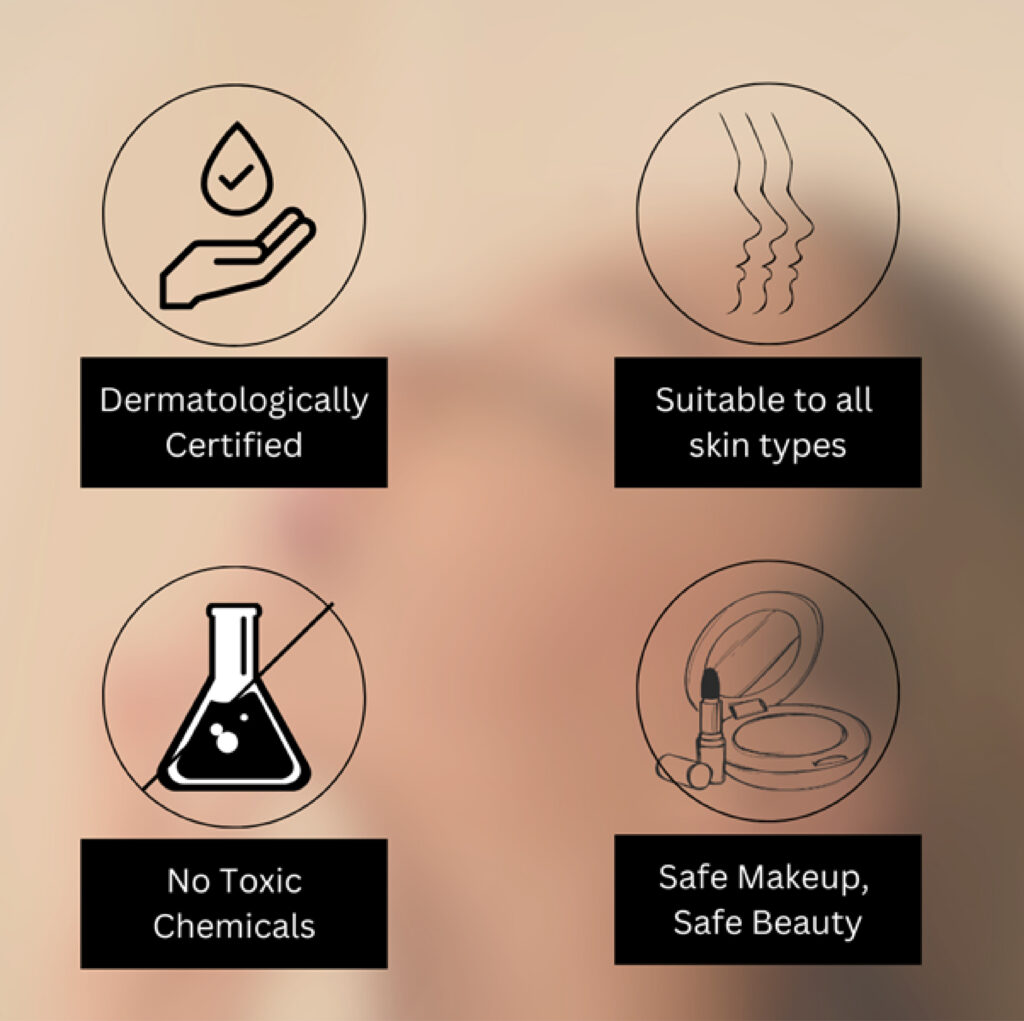
Dermatology Tests
Patch Test
In - Vitro Test
Clinical Test(Human Use Testing)
Other Tests:
pH Test
Comedogenicity Test
Sensitisation Test
Microbial Test
Ophthalmological Test
Stability Test
Why Cosmetic Brands Should Prioritise Dermatological Testing
Avoid Reputational Damage:
Meeting Market Demand For Safe Products:
Compliance with Regulatory Standards:
Conclusion
“Beauty is an investment, not an expense.”
You may also enjoy
Radiant Packaging or Clean Ingredients: What Drives Cosmetic Purchase Decisions?
Lorem ipsum dolor sit amet, consectetur adipiscing elit. Nam mollis nisl elit, u





